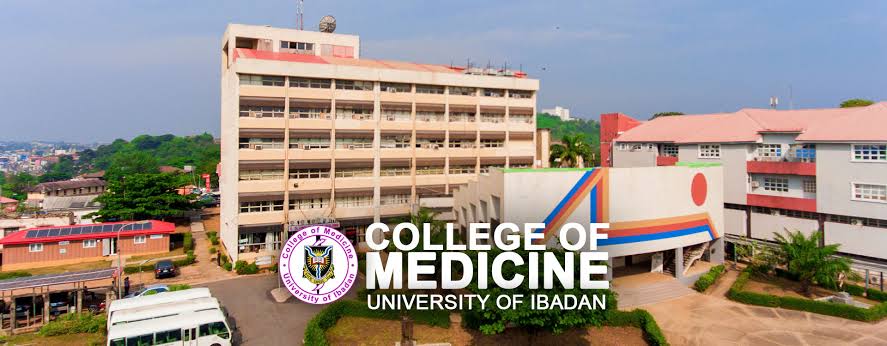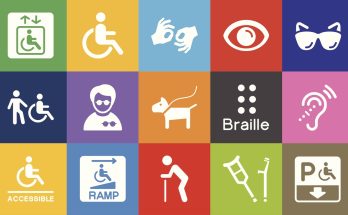
“There is nothing permanent except change” – Heraclitus
The College of Medicine, University of Ibadan had to go through several moulting processes to become the facility that we know today. History has it that it started as the faculty of medicine which was borne out of a need to train Nigerian Doctors. It was affiliated with the University of London where the doctors completed their training.
It was not until 1960 that the first batch of doctors trained exclusively in Nigeria was produced after training was eased back to Nigeria and the University Teaching Hospital was completed. Nursing, physiotherapy, dentistry, human nutrition, biochemistry and physiology were added to this college in 1968, 1969, 1980, 1982, 1986 and 1986 respectively. Medical Laboratory Sciences, the newest undergraduate degree was added in 2012 producing their first set of graduates in 2018. This expansion and addition did not come as simply as it is stated here.
The faculty of medicine went from faculty to college with its expansion. The College now houses six faculties. The newest addition to this is the Faculty of Nursing. The college is headed by the Provost, Professor Olayinka O. OMIGBODUN. Each faculty is headed by their respective deans. The faculties are:
- Basic Medical Sciences
- Clinical Sciences
- Public Health
- Dentistry
- Basic Clinical Sciences (2023)
- Nursing (2024).
Basic Clinical Sciences
Before September 2023, the faculty of basic clinical sciences was a part of Clinical Sciences. It was eventually made into a faculty still under the College of Medicine. There are five departments within the faculty. These include Pharmacology and Therapeutics, Pathology, Medical Microbiology and parasitology, Hematology and Chemical Pathology. Although these departments only produce students with Master’s Degrees, Medical students have to undergo training at the departments within the faculty.
Faculty of Nursing
This is the most recently created faculty within the College of Medicine. The faculty was approved by the Senate on the 27th of May. The undergraduate nursing students have their department within the University of Ibadan and their rotations at the University College Hospital. This contrast has always meant that nursing students had to shuffle between both campuses. Due to these reasons, they do not reside with other undergraduate students from the Clinical Sciences faculty at the Alexander Brown Hall. This has led to some division among the clinical sciences students.
This division is heavily noticed in how the faculty didn’t have a faculty executive Council, unlike other faculties within the university. The Faculty of Science, for example, has an executive council and departments within the faculty have their own leadership. The lack of a central faculty leadership is not the only evidence of this division. Nursing students have not been able to represent the faculty at Jaw War, the biggest university public speaking event in West Africa. When asked, an anonymous source in the now faculty of nursing noted that “it was not that we didn’t have proficient public speakers, the logistics of it was just inconvenient. Other clinical sciences students stayed in ABH so they were able to practice together and represent the faculty”.
Away from the purported division and towards the ray of light that is the new faculty, UCJUI spoke with Precious Ebiaku, the president of the Nigerian University Nursing Students Association (NUNSA UI). She explained what the new faculty meant for the undergraduate students. “Besides, the fact that this development doesn’t have much effect on the undergraduates cannot be over-emphasized. The development doesn’t affect our curriculum, the affairs of the undergraduates won’t be affected or altered. We are still going to offer courses from the whole departments in the Faculty, it’s only the Postgraduates that will have to deal with a Department each.”
Efforts were made to reach the Dean of the faculty but these proved futile as she was busy.
It is very similar to how medical students are trained at the College of Medicine. Students must pass through 5 faculties to complete their training. In the University of Ibadan, students typically begin their journey by taking science courses, followed by courses from the faculty of basic medical sciences and a course from the faculty of public health during their preclinical years. Afterwards, they will take courses in Basic Clinical Science and finally, clinical science.
Aside from the academic/curriculum impact, there will also be changes as regards the representation of the students from the faculty. Oluwatosin Olayinka, a 300-level student at the Faculty of Nursing, said: “Well, we’ve always had chances to participate in competitions, sports especially. There have been big issues regarding public speaking-related competitions, though. I’m excited that this ‘new development’ solves that in such a way that everyone is satisfied. For sports, I’m concerned about our number, I mean the ratio of students who are interested in sports, but I guess the responsibility falls on the shoulders of the sports minister and all concerned members to take on the challenge. I speak for the debating club when I say we are more than ready to take on JawWar, and all of UI.”
There is no doubt that change is permanent, but most importantly, it is necessary. As a result of these recent developments, the faculty of nursing and, inadvertently, the college of medicine will grow rapidly.



